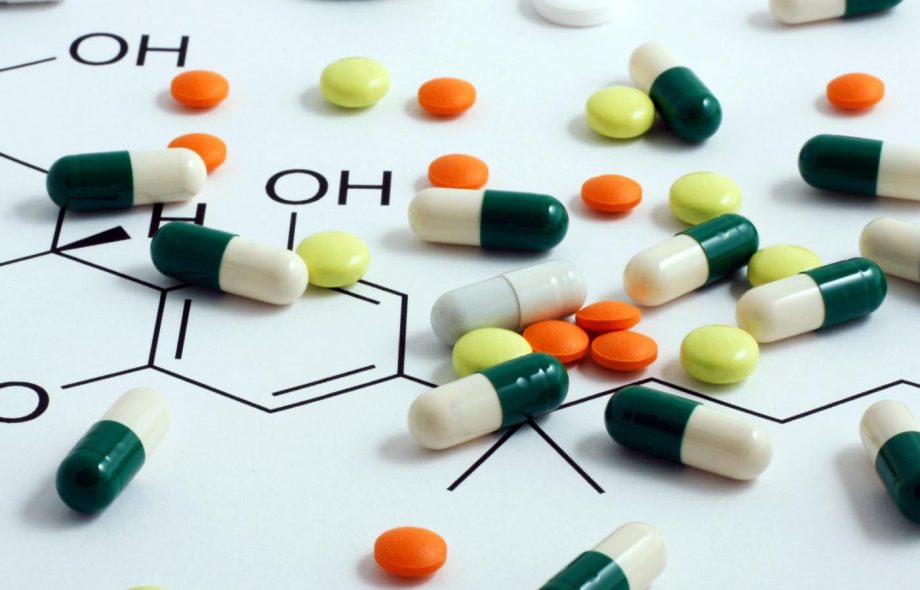Pharmaceutical enzymes are redefining the boundaries of modern medicine, driving innovation in drug discovery, development, and manufacturing. These biological catalysts, known for their precision and efficiency, have become indispensable in pharmaceutical science, offering solutions that are not only effective but also sustainable and patient-focused.
Pharma Enzymes: Nature’s Precision Tools
Pharma enzymes are specialized proteins that accelerate biochemical reactions, playing a crucial role in various stages of pharmaceutical development. Their unique ability to catalyze reactions with pinpoint accuracy makes them invaluable for synthesizing complex drug molecules.
Unlike traditional chemical catalysts, enzymes operate under mild conditions—such as room temperature and neutral pH—making them both energy-efficient and environmentally friendly. This dual benefit has positioned enzymes as a cornerstone of modern pharmaceutical science, particularly in the field of green chemistry. To learn more, visit enzymebio.
Transforming Drug Discovery with Enzymes
Drug discovery is a meticulous process requiring detailed understanding of biological mechanisms. Pharmaceutical enzymes streamline this process by enabling researchers to:
Identify Drug Targets: Enzymes help pinpoint specific molecules or pathways involved in diseases, allowing for targeted drug design.
Optimize Lead Compounds: Enzymatic reactions enhance the structure-activity relationship of potential drugs, increasing their efficacy.
Reduce Development Time: By expediting chemical reactions, enzymes significantly shorten drug discovery timelines.
For instance, protease enzymes have been instrumental in developing treatments for HIV and other viral diseases by targeting specific viral replication mechanisms.
Advancing Pharmaceutical Manufacturing
Pharmaceutical enzymes have revolutionized the way drugs are manufactured, particularly in the synthesis of active pharmaceutical ingredients (APIs). Their high specificity and efficiency enable the production of complex molecules that would otherwise be challenging or costly to synthesize.
Key Contributions of Pharma Enzymes in Manufacturing
Biocatalysis: Enzymes are used to catalyze reactions that create APIs with high purity and yield. For example, lipase enzymes are crucial in synthesizing statins, essential for managing cholesterol levels.
Reduced Environmental Impact: Enzymatic processes produce fewer by-products and require less energy, aligning with the principles of sustainable manufacturing.
Improved Drug Formulation: Enzymes contribute to advanced drug delivery systems, such as controlled-release formulations, ensuring better therapeutic outcomes.
Enzymes in Personalized Medicine
One of the most exciting applications of pharmaceutical enzymes lies in the realm of precision medicine, where treatments are tailored to individual patients. Enzymes like cytochrome P450 play a pivotal role in drug metabolism, influencing how patients process medications.
By understanding enzyme-related genetic variations, healthcare providers can predict drug responses and customize therapies, ensuring safer and more effective treatments. This approach minimizes adverse reactions and maximizes therapeutic benefits, heralding a new era of personalized healthcare.
Future Prospects: Expanding Horizons
The potential of pharmaceutical enzymes continues to grow as advancements in enzyme engineering and artificial intelligence (AI) unlock new possibilities. Customized enzymes designed for specific applications are expanding the scope of drug development, from treating rare diseases to creating next-generation biologics.
Moreover, AI-driven tools are accelerating the discovery and optimization of enzymes, making drug development more efficient than ever before.
Conclusion
Pharmaceutical enzymes are revolutionizing pharmaceutical science, offering unparalleled precision, sustainability, and innovation. From accelerating drug discovery to advancing personalized medicine, their contributions are reshaping the landscape of modern healthcare. As research and technology continue to evolve, pharma enzymes are set to drive even greater breakthroughs, ensuring a future where medicines are safer, more effective, and tailored to individual needs.
 :
https://enzymebio.com/pharmaceutical-enzymes/
:
https://enzymebio.com/pharmaceutical-enzymes/












